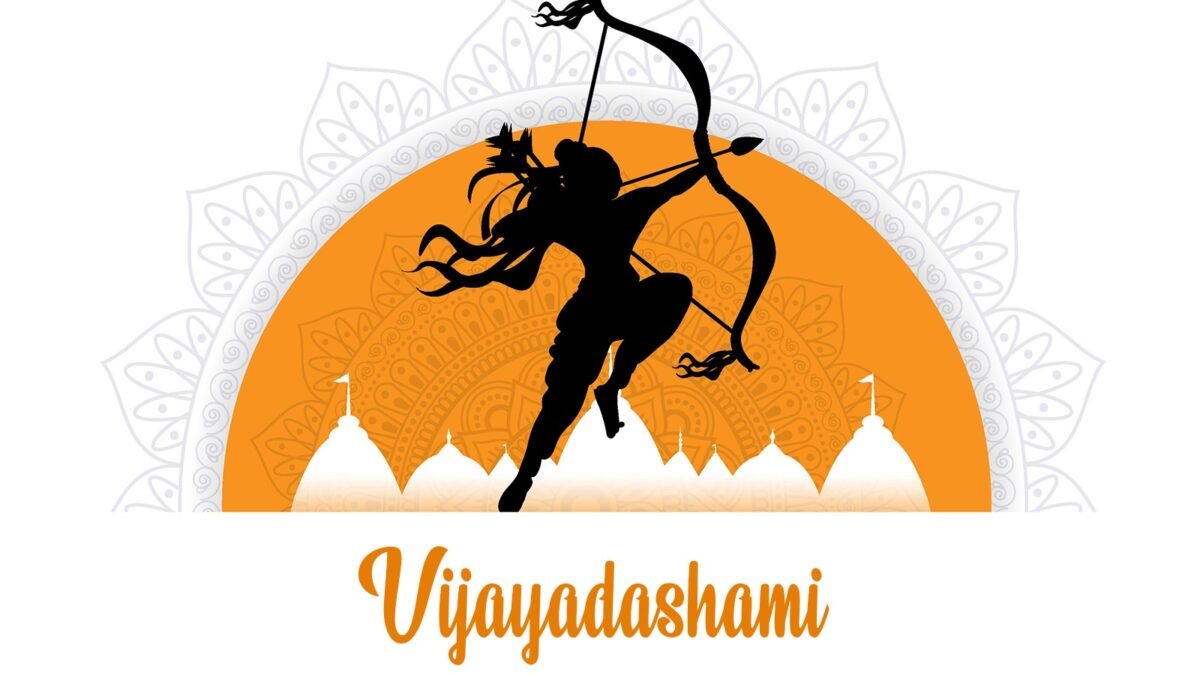Dasara, also known as Vijaya Dashami, is one of the most significant Hindu festivals celebrated in India and several other countries. It falls on the tenth day of the Navratri festival, marking the culmination of nine days of worship and devotion to the Goddess Durga. Dasara is a joyous occasion that symbolizes the victory of good over evil, with customs and traditions that vary across regions.
The Significance of Dasara:
Dasara holds immense cultural and religious importance in Hinduism. The festival celebrates the victory of the divine feminine energy, represented by Goddess Durga, over the demon Mahishasura. The nine days leading up to Dasara are devoted to different manifestations of the goddess, with each day dedicated to her different avatars, known as Navadurga.
On the tenth day, the goddess is believed to have defeated Mahishasura, signifying the ultimate triumph of good (Dharma) over evil (Adharma). This victory is celebrated with great enthusiasm and rituals that differ from place to place.
Celebrations and Customs:
1. Idol Immersion:
In some parts of India, particularly West Bengal, elaborate idols of Goddess Durga are created for worship during Navratri. On Dasara, these idols are taken in grand processions and immersed in rivers or lakes, bidding farewell to the goddess as she returns to her celestial abode.
2. Worship of Weapons:
In regions like Mysore in Karnataka, Dasara is celebrated with the grandeur of a royal procession. It involves the worship of weapons, especially the sword, symbolizing the valor and strength of the goddess. The idol of Goddess Chamundeshwari is mounted on an elephant and paraded through the city streets, followed by a procession of camels, horses, and cultural troupes.
3. Ayudha Puja:
On Dasara, many households and businesses perform Ayudha Puja, during which tools, vehicles, and other instruments are cleansed, decorated, and worshipped. This custom is seen as a way to invoke the divine blessings for success and protection in one’s work.
4. Dance and Music:
Cultural events, including traditional dance performances and music concerts, are organized in many regions to celebrate the festival. These events showcase the rich cultural heritage of India and add to the festive spirit.
5. Feasting:
Like many Indian festivals, Dasara is also a time for family gatherings and feasting. Special dishes and sweets are prepared, and families come together to celebrate the victory of good over evil.
6. Social Messages:
In addition to the religious and cultural significance, Dasara often serves as a platform for conveying social messages and promoting unity and harmony. Many regions use this occasion to address important societal issues and concerns.
Dasara is a time of joy, reverence, and celebration. It reminds people of the eternal battle between good and evil and the ultimate triumph of righteousness. The diverse customs and traditions associated with Dasara reflect the rich tapestry of Indian culture and the enduring significance of this festival in people’s lives.
also read :
10 Healthy and Easy-to-Cook Navratri Dishes
Shardiya Navratri: A Celebration of Devotion and Dance
Navratri: Celebrating the Divine Feminine & Traditions and Customs Across India
